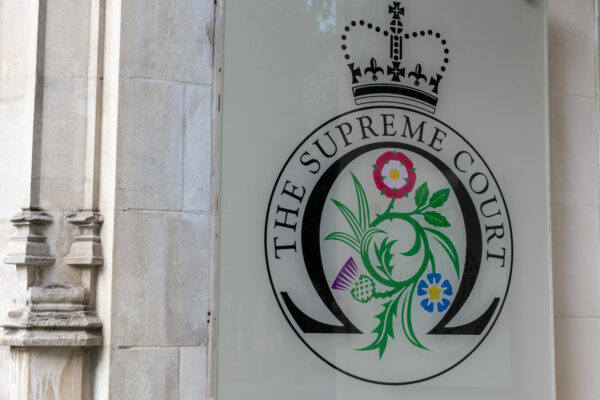Success (Fees) in the Supreme Court

The Supreme Court this morning handed down the much anticipated judgment in Hirachand v Hirachand [2024] UKSC 43.
The decision provides welcome clarification that success fees due under a conditional fee agreement (“CFA”) are not recoverable as part of a substantive award for reasonable financial provision made under the Inheritance (Provision for Family and Dependants) Act 1975 (the “1975 Act”) as a consequence of s58A(6) of the Courts and Legal Services Act 1990.
The Court of Appeal had previously decided that a success fee which was otherwise irrecoverable by virtue of s58A(6) was capable of being a debt, the satisfaction of which could be a financial need for which the Court may make provision as part of a substantive award under the 1975 Act.
In the Supreme Court, the Appellant argued that a substantive award under the 1975 Act could not circumvent the clear policy reasons which led to the introduction of s58A(6) and the prohibition on the recovery of success fees from opposing parties. In addition, it was argued that the inclusion of a success fee within a substantive award was incompatible with the civil costs regime contained in the CPR which left costs to be determined following a substantive determination when the Court could be made aware of the parties’ respective without prejudice positions.
The Supreme Court (Lord Richards, whom Lord Lloyd-Jones, Lord Leggatt, Lord Burrows and Lord Stephens agreed) unanimously allowed the appeal holding that whilst claims under the 1975 Act remain subject to the CPR, costs of the proceedings are treated separately from the substantive relief and a substantive award may not include provision for either a success fee due under a CFA or a party’s base legal costs.
Brie Stevens-Hoare KC and Cameron Stocks acted for the successful appellant (alongside Oliver Ingham at 3 Paper Buildings) instructed by Martin Oliver, Katie Alsop and Danielle Pawson at Wright Hassall LLP.
A copy of the judgment can be found here.


